Iran categorically rejects Western media’s false report, says never enriched uranium above 60%
Iran has categorically rejected a report by Western media that it has enriched uranium to levels above 60 percent purity, saying the country's nuclear facilities have never enriched uranium above that level.
The spokesman for the Atomic Energy Organization of Iran (AEOI) Behrouz Kamalvandi made the remarks in reaction to a report by Bloomberg that claimed “the International Atomic Energy Agency (IAEA) is trying to clarify how Iran accumulated uranium enriched to 84% purity.” It added that the IAEA inspectors had found highly-enriched uranium particles "within the network of pipes connecting centrifuges used to separate uranium isotopes."
Speaking to Iran's official IRNA news agency, Kamalvandi said Bloomberg’s report was aimed at distorting the realities.
He added that during the enrichment process, the mere existence of individual uranium particles enriched to above 60 percent purity does not mean that uranium is being enriched at levels above 60 percent.
The official was also quoted by Fars news agency as saying that existence of such particles was a totally normal issue in the course of uranium enrichment and could happen even when the feedstock entering centrifuge cascades decreased momentarily.
“What matters is the final product and the Islamic Republic of Iran has never embarked on [uranium] enrichment at a level above 60 percent,” Kamalvandi said, adding, “The IAEA is well aware that such issues happen during the [nuclear] work. In various cases in the past, different levels of enrichment have been observed and have been accounted for, and this latest issue will be definitely clarified as well.”
He noted that the IAEA does not usually inform its members of such issues, saying, “Publicizing these issues through [Western] media once again shows that, unfortunately, the IAEA has lost its professional and impartial standing since a long time ago. It intentionally provides Western media with technical information, and without a doubt, this conduct will further discredit this important international organization.”
Speaking in an interview with Russia’s Sputnik news agency in early February, the head of the AEOI criticized the UN nuclear watchdog for the leakage of information about Iran's nuclear energy program to the opponents of diplomatic efforts aimed at reviving the nuclear agreement, officially known as the Joint Comprehensive Plan of Action (JCPOA).
“The International Atomic Energy Agency gives information about Iran’s nuclear program to the opponents of the negotiations held to revive the JCPOA,” Mohammad Eslami said.
He also expressed regret over the IAEA’s “political, unprofessional behavior” in connection with the disclosure of the JCPOA’s confidential reports to those who oppose the negotiations aimed at restoring the 2015 accord, which was unilaterally abandoned by the US in 2018.
Eslami said Iran’s nuclear achievements are meant to be used in medical, environmental and industrial sectors, reiterating the peaceful nature of the country’s uranium enrichment activities.
Also, in an interview with Iran’s state TV on February 3, Eslami warned that the “unprofessional and unacceptable” behavior of IAEA Director General Rafael Grossi would harm his reputation and that of the agency.
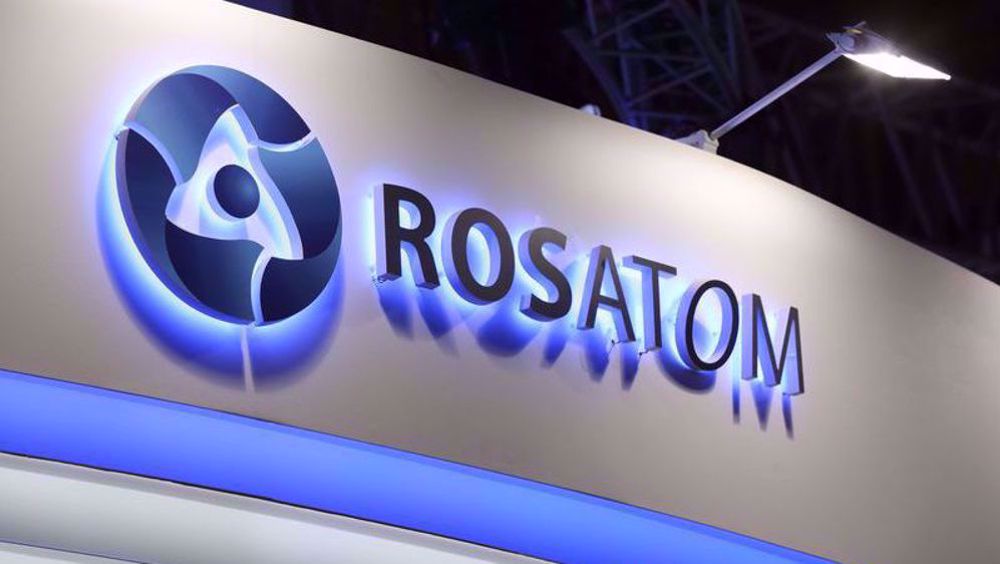
Russia’s Rosatom in ‘large-scale’ talks with Iran to build another power plant: CEO
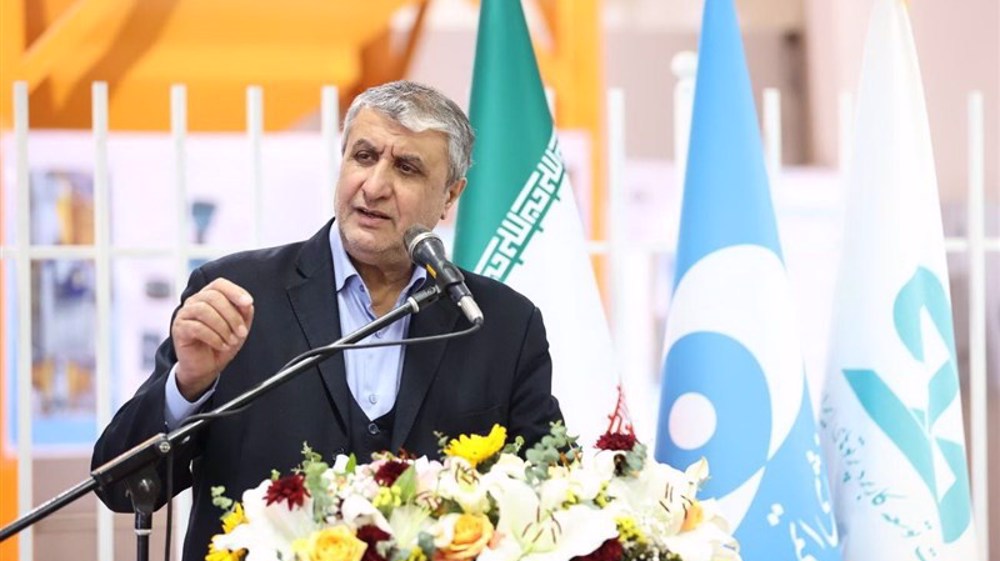
Official: Iran mastering construction of nuclear power plants
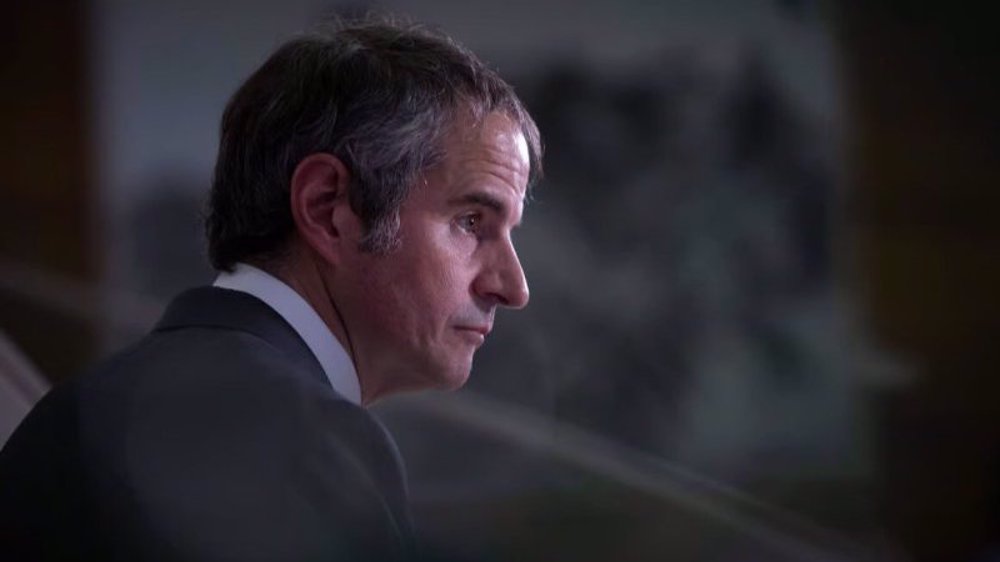
Iran raps Grossi's 'political' remarks serving pretext to pressure Tehran
Australian senator smeared by anti-Iran groups for saying Iranian women 'have a voice'
Hezbollah's display of power proved resistance cannot be eliminated: Iran parl. speaker
Israel escalates West Bank raids as official says regime seeking to complete Gaza genocide
Palestinian man dies in Israeli prison as Foreign Ministry urges intl. probe into regime’s crimes
Putin says not opposed to Europeans’ involvement in Ukraine talks
VIDEO | Iranian Kurdish protesters demand European action against PKK, PJAK terror
VIDEO | Israel expands offensive in northern West Bank, deploys tanks to Jenin
VIDEO | Spaniards fill streets of Cádiz in solidarity with Palestine


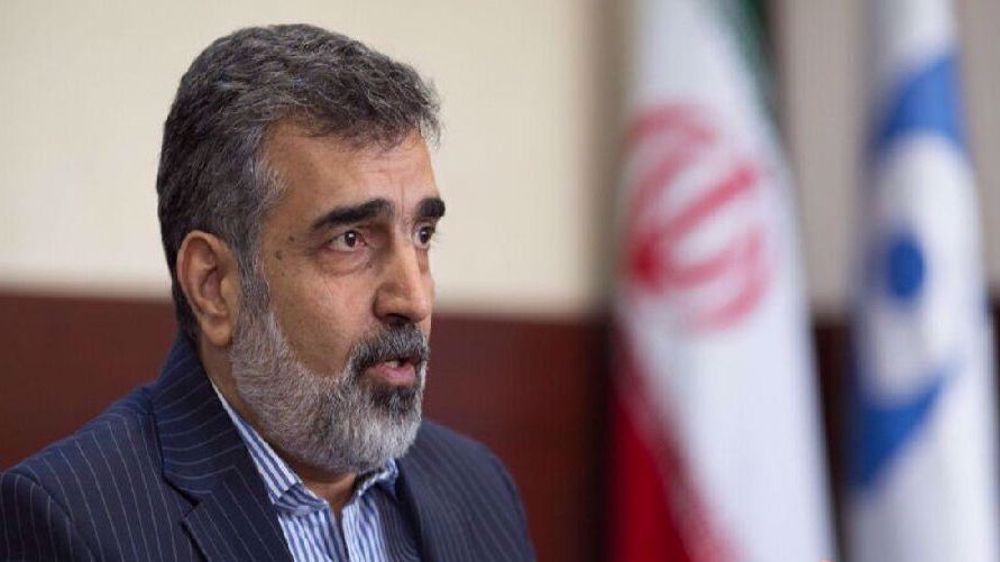
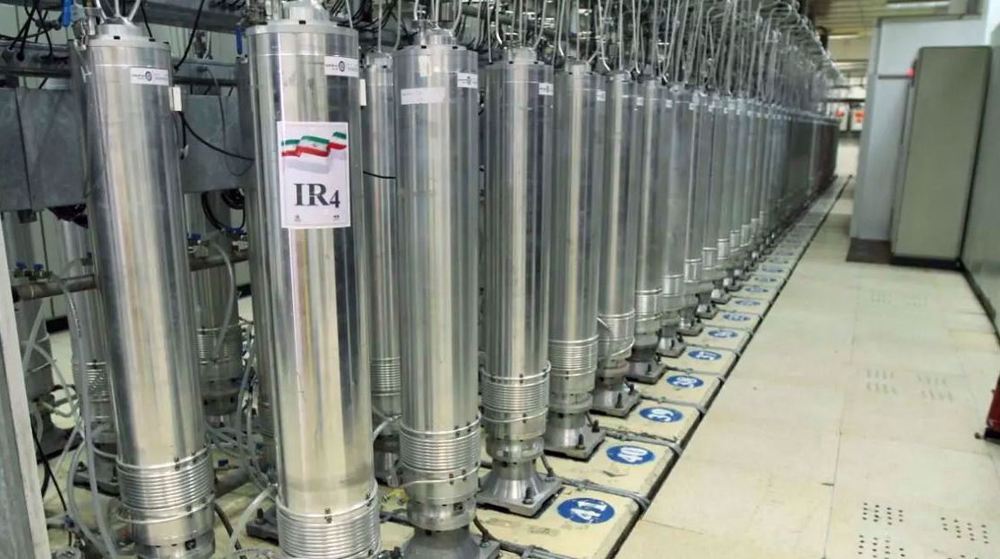
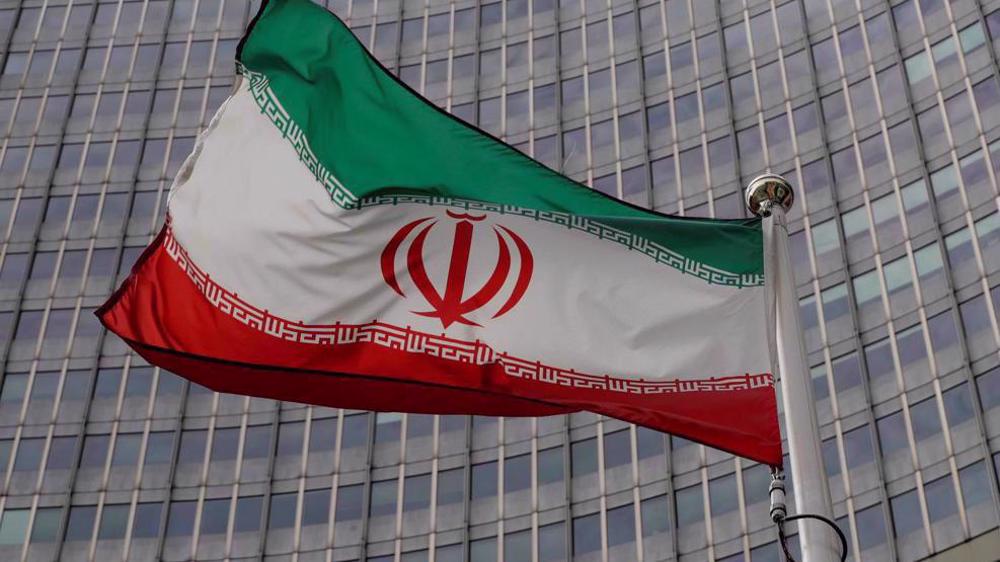




 This makes it easy to access the Press TV website
This makes it easy to access the Press TV website